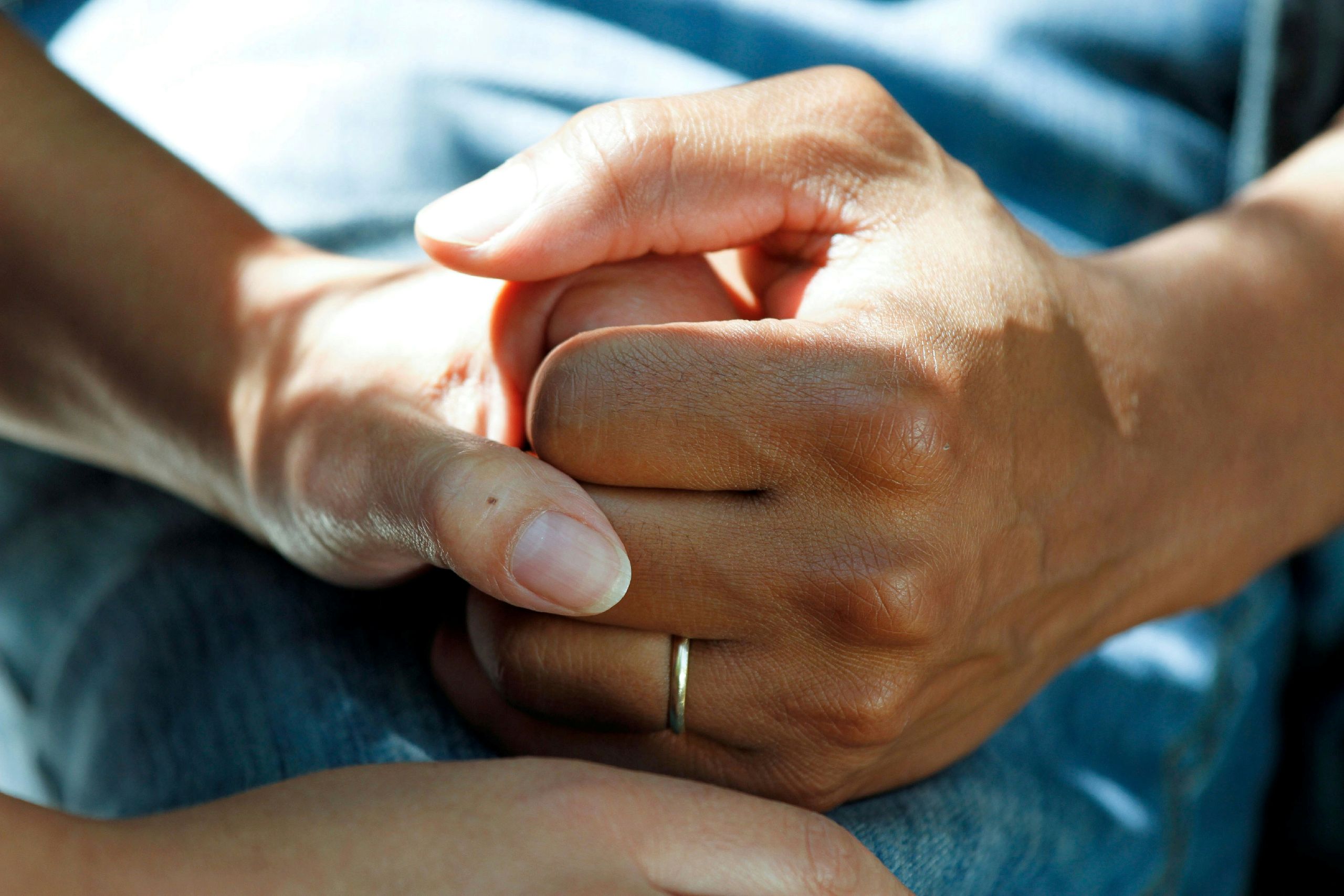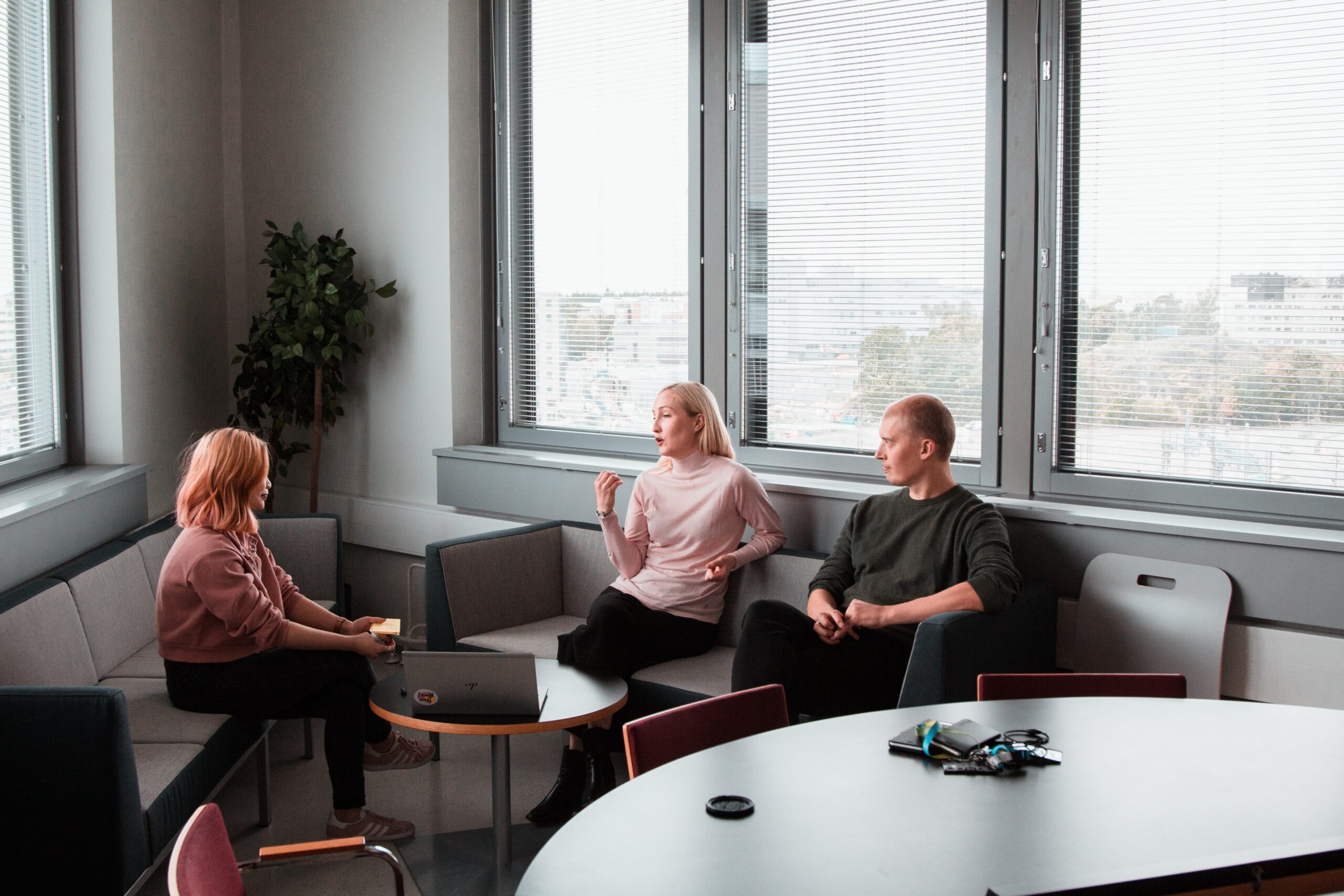What is Self Confidence?
Self-confidence refers to a person’s belief in their own abilities, qualities, and worth. It is a deep sense of trust in oneself, both in terms of handling challenges and achieving success. Self-confident individuals have a positive self-image and maintain a healthy level of self-esteem.
Self-confidence manifests in various aspects of life, including personal relationships, work or academic settings, and overall well-being. It influences how we approach new opportunities, cope with setbacks, interact with others, and pursue our goals.

Some key characteristics of self-confidence include:
- Belief in abilities: Self-confident individuals have faith in their skills, knowledge, and capacity to accomplish tasks or overcome challenges. They trust their judgment and decision-making abilities.
- Positive self-image: Self-confidence is closely linked to having a positive perception of oneself. It involves recognizing and appreciating one’s strengths, accomplishments, and personal qualities.
- Resilience: Self-confidence allows individuals to bounce back from failures or setbacks. They view challenges as opportunities for growth and see themselves as capable of finding solutions or learning from mistakes.
- Assertiveness: Self-confident individuals are comfortable expressing their opinions, ideas, and needs. They can assert themselves without being overly aggressive or passive. They value their own thoughts and feelings while respecting those of others.
Shifting Your Mindset
- Positive mindset: Self-confident individuals maintain a positive outlook on life. They focus on possibilities and solutions rather than dwelling on problems or setbacks. They approach challenges with optimism and believe in their ability to overcome obstacles.
- Willingness to take risks: Self-confidence enables individuals to step out of their comfort zones and take calculated risks. They are not afraid of failure and see it as a stepping stone towards success.
- Adaptability: Self-confidence allows individuals to adapt and thrive in different situations. They have the belief that they can handle new or unfamiliar circumstances, embrace change, and make the necessary adjustments to succeed.
Self-confidence is a quality that can be developed and strengthened over time through self-reflection, personal growth, and positive experiences. It is not about being perfect or having unwavering confidence in all aspects of life but rather having a solid foundation of self-belief that supports personal growth and success.

Why Do We Struggle With It?
Struggling with self-confidence is a common human experience that stems from various factors. One primary reason is the constant barrage of societal expectations and standards that surround us. We are bombarded with images of “ideal” beauty, success stories of extraordinary individuals, and a culture that often values achievements and external validation over personal growth. These influences can gradually chip away at our self-esteem, leaving us feeling inadequate and insecure.
Furthermore, past experiences and negative feedback can significantly impact our self-confidence. Whether it’s facing rejection, failure, or harsh criticism, these events can create deep-seated doubts and fears within us. We tend to internalize these experiences, questioning our abilities and worthiness.
Comparison, both in person and through the pervasive influence of social media, is another contributing factor. Constantly measuring ourselves against others’ highlight reels can lead to a distorted perception of our own capabilities and accomplishments. This unhealthy habit fuels self-doubt and amplifies our insecurities.
Self Compassion
Moreover, our own negative self-talk plays a pivotal role in undermining our confidence. The inner critic, fueled by self-doubt and fear, feeds us a constant stream of negative thoughts and beliefs about our abilities and worth. This self-sabotaging cycle can be difficult to break, perpetuating our struggle with self-confidence.
It’s crucial to recognize that building self-confidence is a journey that requires conscious effort and self-compassion. By challenging societal expectations, embracing our unique qualities, and focusing on personal growth rather than external validation, we can begin to cultivate a more resilient and positive self-image. Seeking support from loved ones, practicing self-care, and celebrating our accomplishments, no matter how small, are essential steps towards developing a healthier sense of self-confidence.
It is important to remember that self-confidence is a skill that can be developed and improved over time. By addressing these underlying factors and taking steps to build self-confidence, individuals can overcome their struggles and cultivate a healthier sense of self-belief.

Steps to Build Your Self Confidence
Building self-confidence is a gradual process that requires practice and dedication. Here are some steps you can take to enhance your self-confidence:
Identify Your Strengths
Make a list of your achievements, skills, and positive qualities. Recognize your unique talents and accomplishments. Focusing on your strengths will help boost your self-belief. Take reputable personality assessments to understand your natural tendencies and preferences. Analyze the challenges you’ve overcome and the skills you utilized in those situations.
Set Realistic Goals
Establishing achievable goals allows you to track your progress and build confidence as you accomplish them. Start with small, attainable goals, and gradually work your way up to more significant challenges. It is essential for maintaining motivation and ensuring progress. Begin by assessing your current abilities, resources, and time constraints.
Face Your Fears
Identify the areas in which you lack confidence and confront them. Step out of your comfort zone and take on tasks or activities that make you slightly uncomfortable. Each time you face and overcome your fears, you’ll gain confidence in your abilities. It can be something small, or done so gradually, but it will jar your thought process and help you realize if I can do that then I can do this! Boosting your self confidence.
Practice Self-Care
Taking care of yourself physically, mentally, and emotionally can greatly impact your self-confidence. Engage in activities that make you feel good, such as exercising regularly, getting enough sleep, eating nutritious food, and pursuing hobbies you enjoy. Sometimes when we say no to something we don’t really want to do, but feel pressure to say yes, that is considered self-care. Put your needs first. If you don’t want to go to a party and would rather rest at home on your couch, then do just that!

Surround Yourself with Positive Influences
Spend time with people who support and uplift you. Surrounding yourself with positive influences can provide encouragement and help you maintain a positive mindset. Distance yourself from individuals who bring you down or undermine your confidence. We have all been around those people who never have anything positive to say and it always dampers the mood, steer clear of those people. The last thing you need is negativity.
Celebrate Successes
Acknowledge and celebrate your achievements, no matter how small they may seem. Celebrating your successes reinforces positive thinking and boosts your self-confidence. Keep a folder of all the positive successful things you have accomplished as a reminder to yourself. Look it over when you are feeling down. This can help pull you out of the imposter syndrome mindset that can tend to happen with low self confidence.
Improve Your Knowledge and Skills
Enhancing your knowledge and skills in areas that interest you can significantly contribute to your self-confidence. Take courses, read books, or seek mentorship to develop expertise and competence in your chosen fields. Cue the corny saying but….’knowledge is power’! The more you know the more confident you will feel.
Practice Self-Compassion
Acknowledge that everyone makes mistakes and that failure is a natural part of growth. Treat yourself with compassion and learn from setbacks rather than dwelling on them. Shift your mindset when it comes to coping with rejection. We all experience it and we need to shift our thinking about it. Its a redirection not an attack on you. I honestly feel sorry for people who don’t want to hire me. Sure its upsetting in the moment, but then I think the lack of good judgment to hire me is a solid reason I should be thankful for that rejection. Be kind and forgiving to yourself.

Use Positive Affirmations
Repeat positive affirmations to yourself regularly. Affirmations are positive statements that help challenge and overcome self-doubt. For example, say, “I am capable, confident, and worthy of success.” Basically as you say positive things to yourself, just as you are surrounding yourself with positive people, your body has a physical reaction to it and your brain will start to believe it.
Take Care of Your Appearance
Dressing well and maintaining good personal hygiene can boost your self-esteem. When you feel good about your appearance, it positively affects your confidence. This doesn’t mean you have to spend your life savings on designer duds but do your best to look your best. If you look good, then you feel good. We have all had that night out where we look in the mirror and go ‘damn I look good!.’ The confidence you feel when you leave the house is what you are seeking on a daily basis. This is that extra oomph!
Final Thoughts
Remember, building self-confidence is an ongoing process. Be patient with yourself and practice self-acceptance. With time and effort, you can develop a strong sense of self-confidence. This will not be an overnight fix, but if you practice one thing first and get comfortable with that, then move to the next step you will slowly build up your confidence over time. This will not only improve your overall well being, but improve your life and career in the process.




